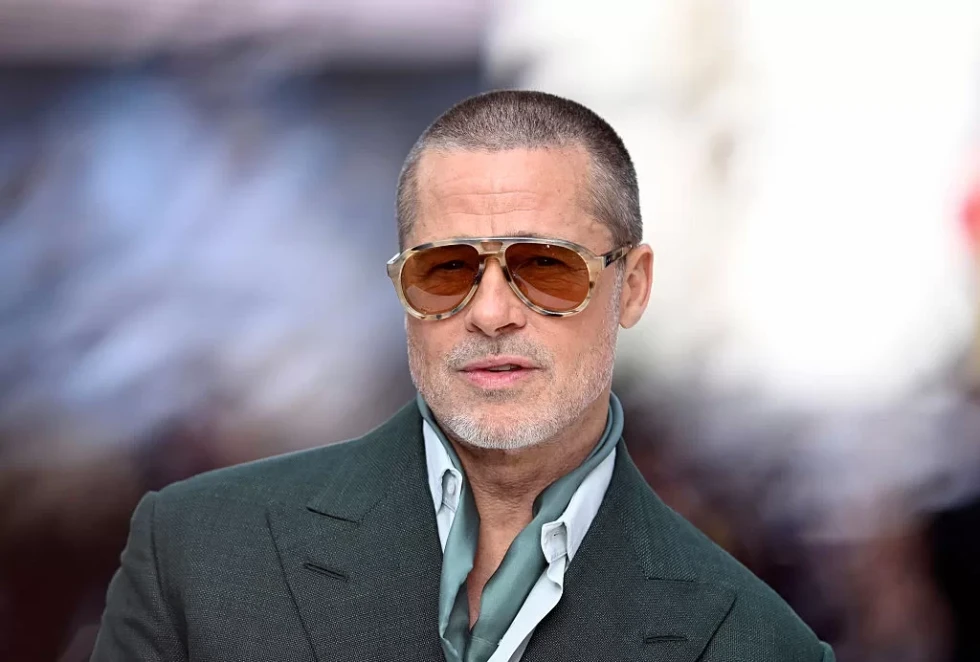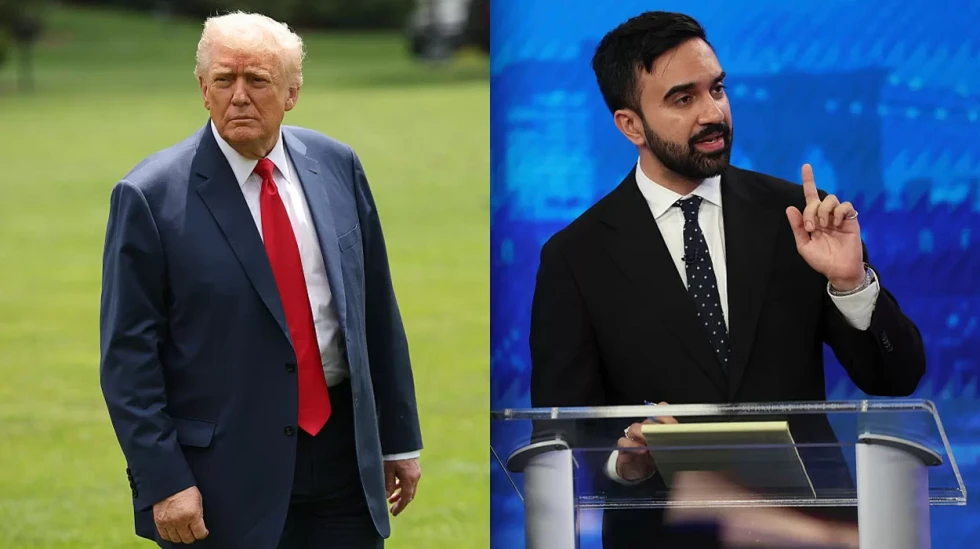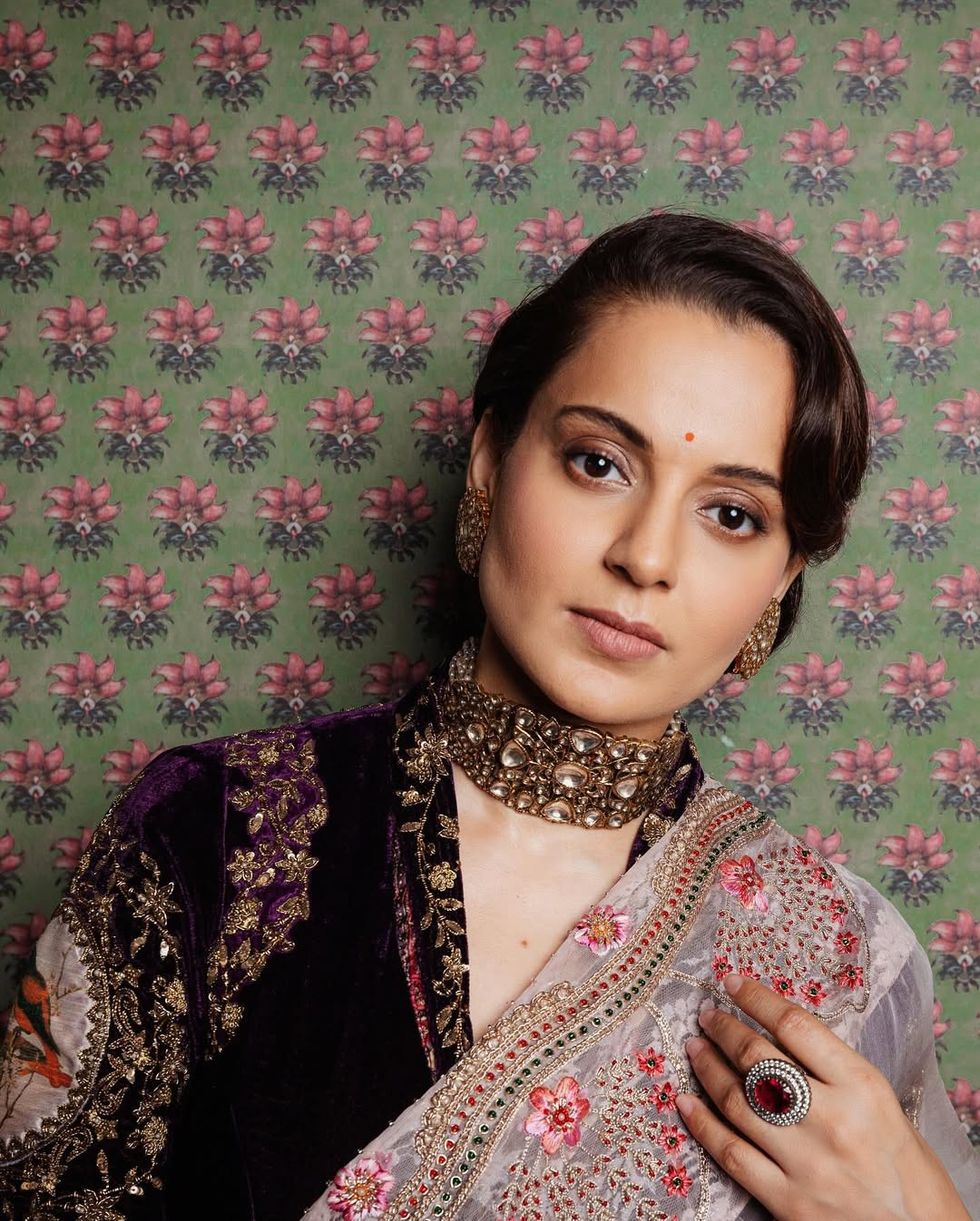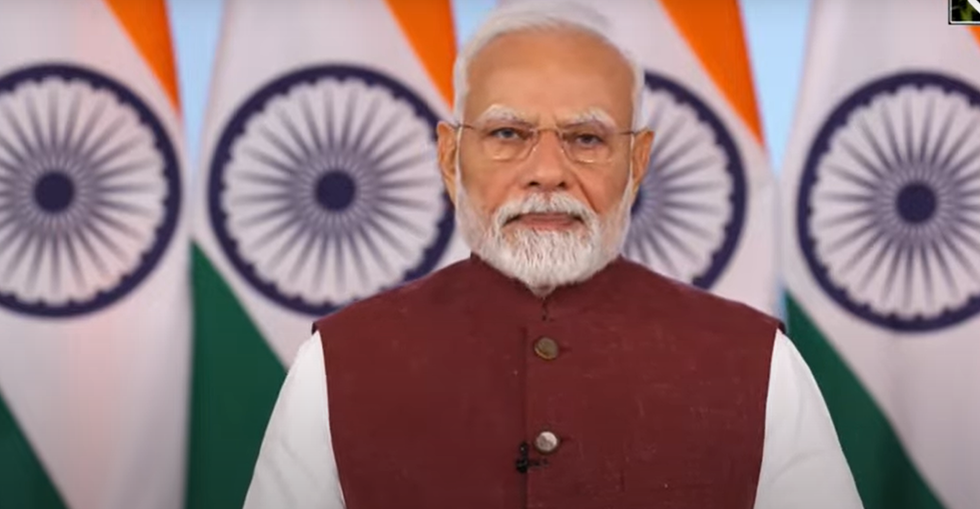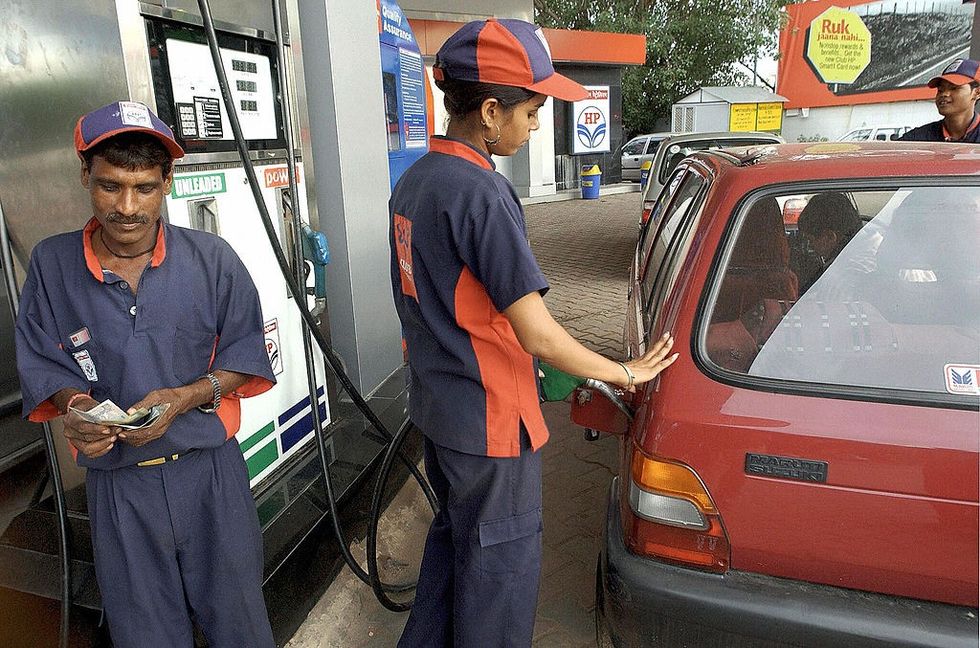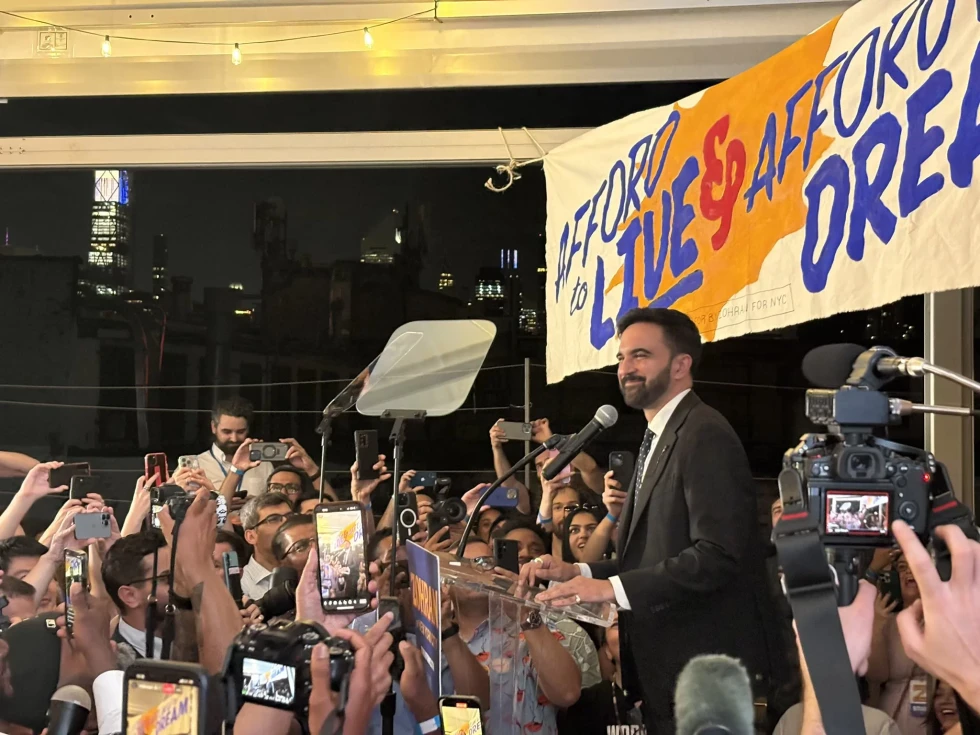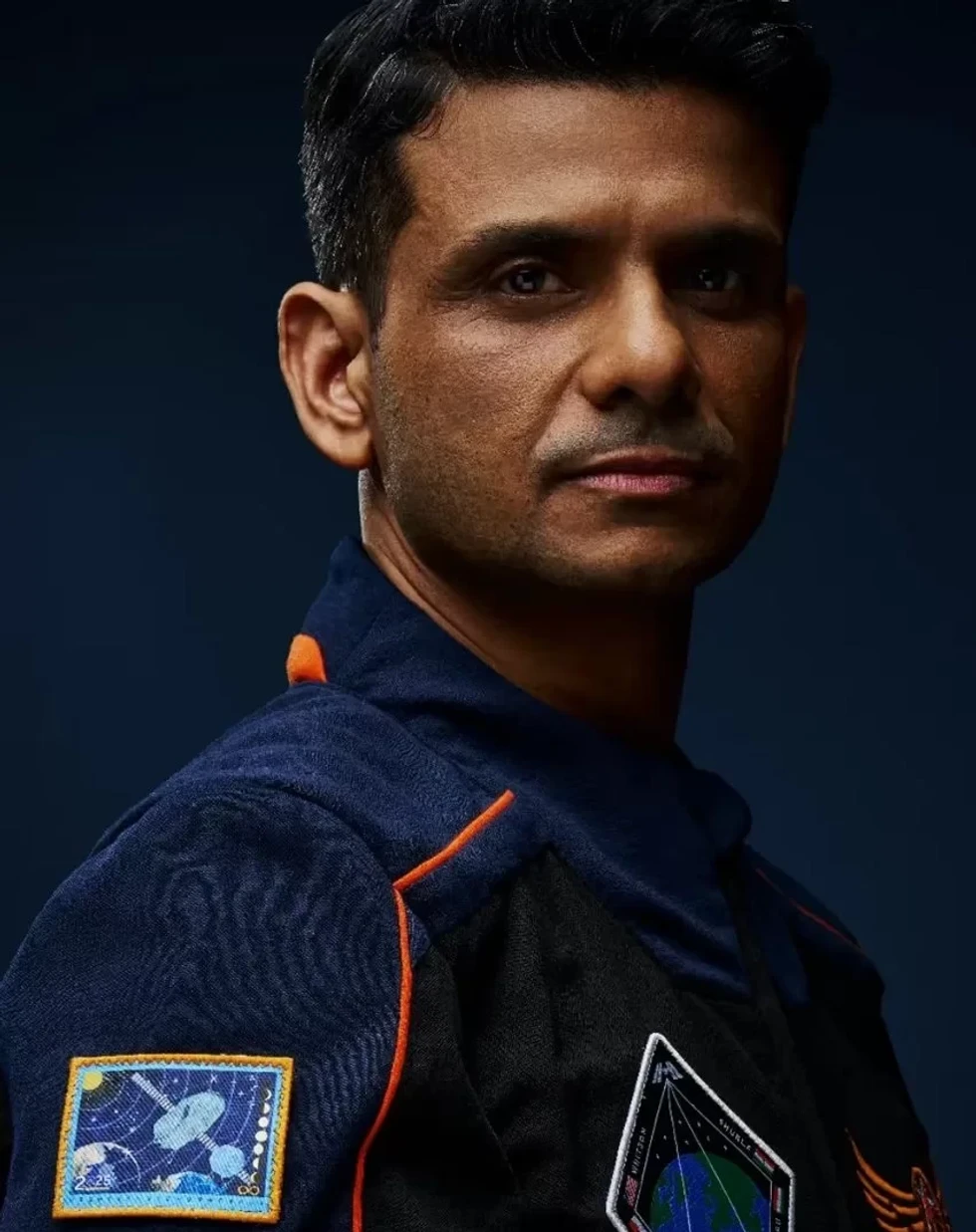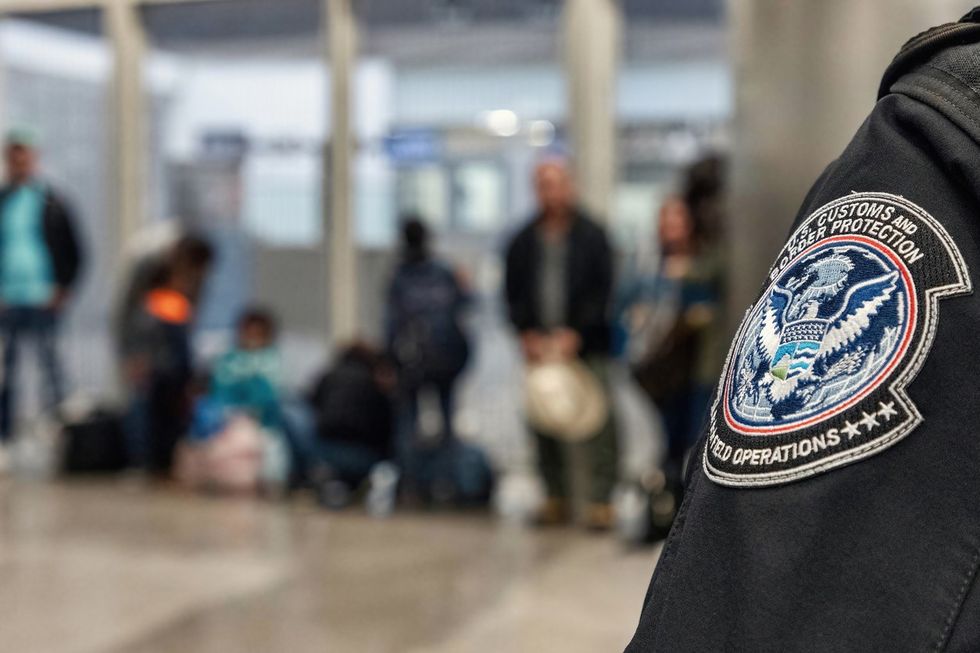India has abstained in the United Nations General Assembly (UNGA) on a resolution that underscored the need to secure “comprehensive, just and lasting peace” in war-ravaged Ukraine, as it questioned whether the world was “anywhere near a possible solution” acceptable to both Moscow and Kyiv a year into the Ukrainian conflict.
While there had been tensions between Russia and Ukraine, which was a part of the erstwhile USSR, for a long time, the situation became worse in early 2021. Ukrainian president Volodymyr Zelensky's request to the US to let his country join NATO angered the Kremlin and it started mobilising troops near the border with Ukraine.
This led to further escalation between Russia and the US and the latter warned the former of severe sanctions if it invaded Ukraine. Russia had invaded Ukraine in 2014 when rebels backed by the Vladimir Putin regime seized large territories of the country's eastern parts and Russia ended up annexing Crimea. It launched another massive invasion on February 24, 2022.
The south Asian nation joined 31 others that abstained as the 193-member assembly adopted the resolution ‘Principles of the Charter of the United Nations underlying a comprehensive, just and lasting peace in Ukraine' on Thursday (23), put forward by Ukraine and its supporters.
The non-binding resolution, which received 141 votes in favour and seven against, underscored the “need to reach, as soon as possible, a comprehensive, just and lasting peace in Ukraine in line with the principles of the Charter of the United Nations.”
In the Explanation of Vote after the resolution was adopted, India's permanent representative to the UN Ambassador Ruchira Kamboj said that as the General Assembly marks a year of the Ukrainian conflict, “it is important that we ask ourselves a few pertinent questions.
“Are we anywhere near a possible solution acceptable to both sides? Can any process that does not involve either of the two sides, ever lead to a credible and meaningful solution? Has the UN system, and particularly its principal organ, the UN Security Council, based on a 1945-world construct, not been rendered ineffective to address contemporary challenges to global peace and security?” the diplomat said.
She stressed that India continues to remain concerned over the situation in Ukraine, noting that the conflict has resulted in the loss of countless lives and misery, particularly for women, children, and the elderly, with millions becoming homeless and forced to seek shelter in neighbouring countries.
Kamboj termed as “understandable” the overall objective of the resolution seeking lasting peace in line with the UN Charter.
“We also note the emphasis on increasing support by member states for diplomatic efforts to achieve peace, as well as support for the secretary general's efforts to promote a comprehensive, just, and lasting peace in Ukraine. However, reports from the ground portray a complex scenario, with the conflict intensifying on several fronts,” she said.
Reiterating that India remains steadfastly committed to multilateralism and upholds the principles of the UN Charter, Kamboj stressed “we will always call for dialogue and diplomacy as the only viable way out. While we take note of the stated objectives of today's resolution, given its inherent limitations in reaching our desired goal of securing a lasting peace, we are constrained to abstain.”
General Assembly resolutions are not binding unlike those of the Security Council and carry mainly symbolic weight at the UN.
India, which maintains good relations with Russia, has abstained from the UN resolutions on Ukraine and consistently underlined the need to respect the UN Charter, international law and the sovereignty and territorial integrity of states.
New Delhi has also urged that all efforts be made for an immediate cessation of hostilities and an urgent return to the path of dialogue and diplomacy.
Kamboj said that New Delhi has consistently advocated that no solution can ever be found at the cost of human lives. She said that in this context, prime minister Narendra Modi's statement that this cannot be an era of war bears “repetition” and underlined that escalation of hostilities and violence is in no one's interest.
“Instead an urgent return to the path of dialogue and diplomacy is the way forward,” the Indian envoy said.
(with PTI inputs)


